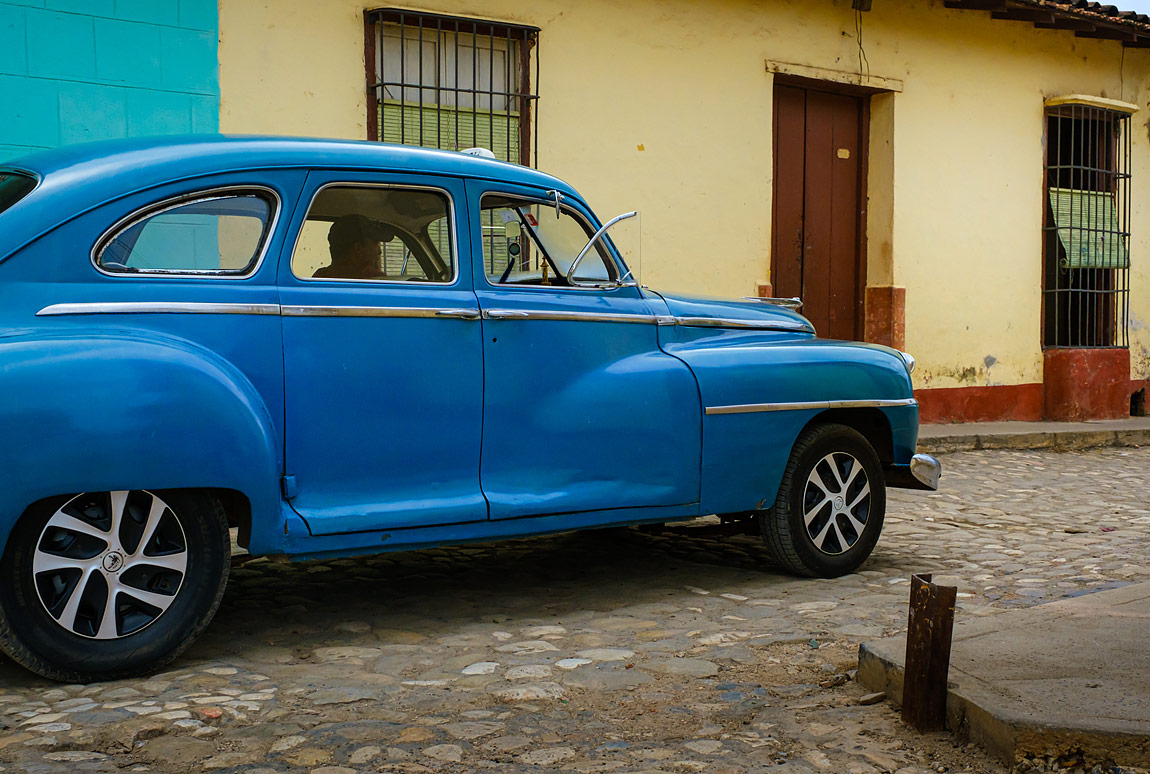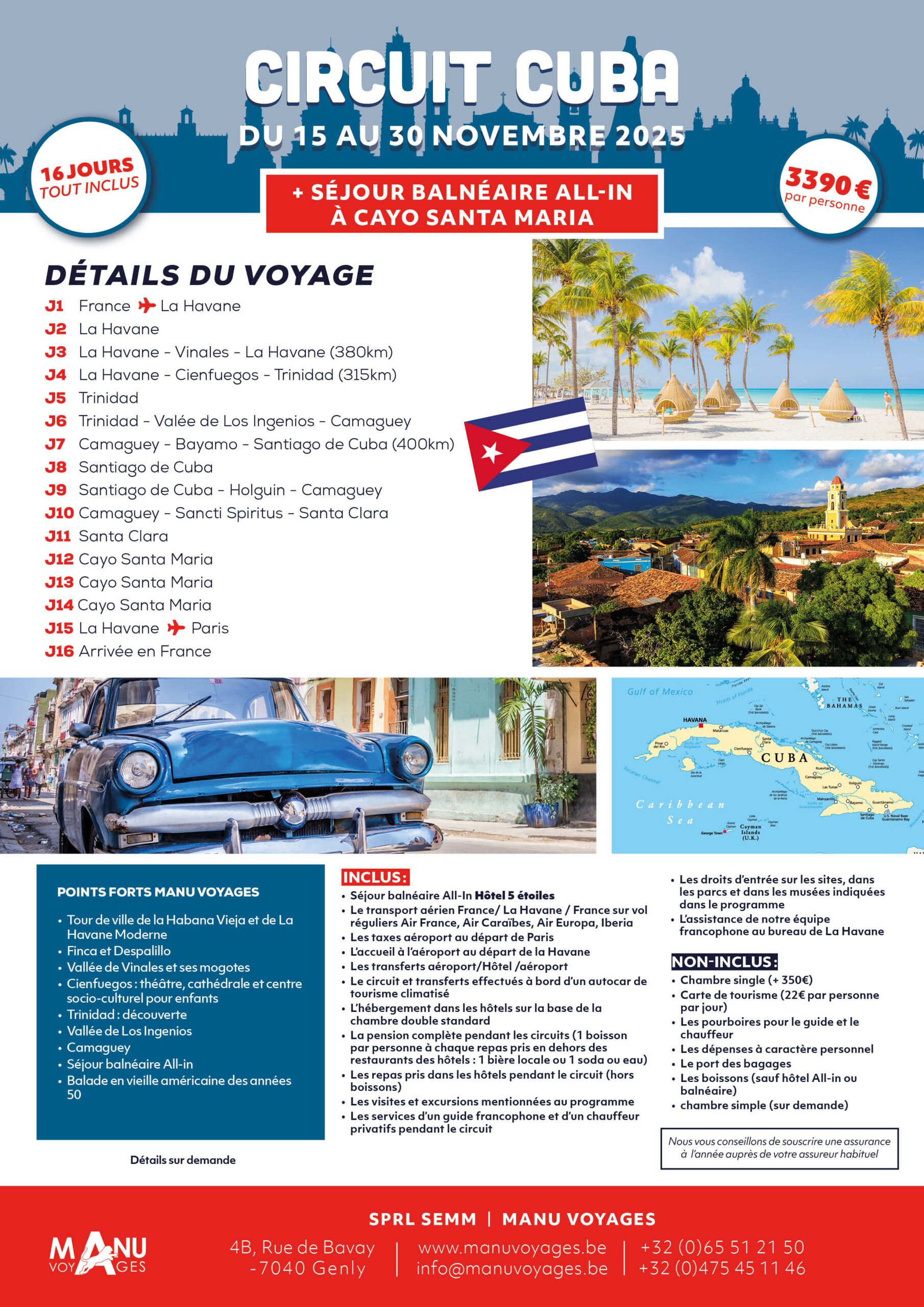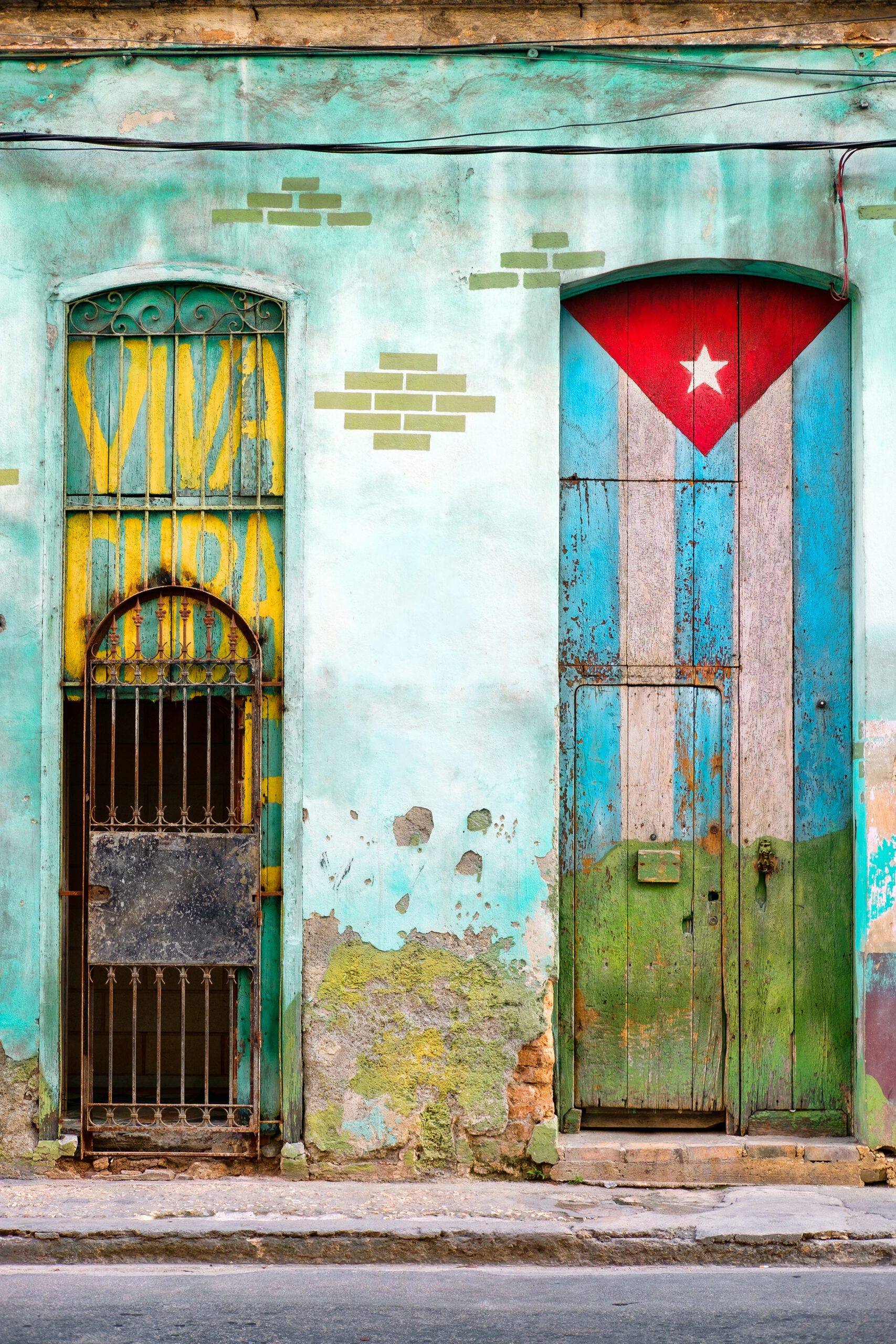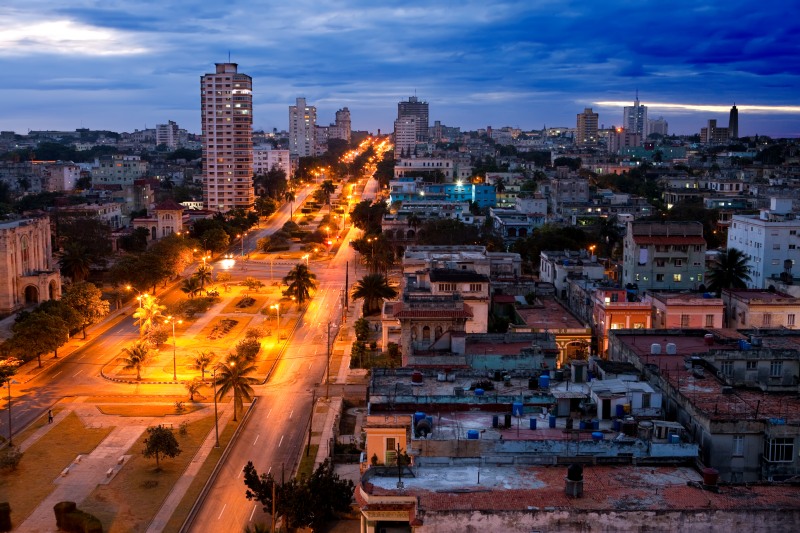Cuba in January 2025: A Journey Through Time and Culture
Related Articles: Cuba in January 2025: A Journey Through Time and Culture
Introduction
With enthusiasm, let’s navigate through the intriguing topic related to Cuba in January 2025: A Journey Through Time and Culture. Let’s weave interesting information and offer fresh perspectives to the readers.
Table of Content
Cuba in January 2025: A Journey Through Time and Culture

January in Cuba offers a unique blend of cultural immersion, historical exploration, and tropical charm. The island nation, steeped in history and vibrant with music and dance, presents a captivating destination for travelers seeking an authentic experience. While the peak tourist season may have passed, January offers a more relaxed atmosphere, ideal for exploring Cuba’s hidden gems and experiencing its true essence.
Weather and Climate:
January marks the heart of the dry season in Cuba, with temperatures ranging from a comfortable 20°C to 28°C (68°F to 82°F). The humidity is generally low, making it ideal for outdoor activities and exploring the island’s diverse landscapes. While rainfall is minimal, it is advisable to pack a light raincoat for occasional showers.
Things to Do:
Havana:
- Historical Sites: Immerse yourself in Havana’s rich history by visiting iconic landmarks like the Plaza de la Revolución, the Castillo de la Real Fuerza, and the Museo Nacional de Bellas Artes.
- Old Havana: Stroll through the cobblestone streets of Old Havana, a UNESCO World Heritage Site, and marvel at its colonial architecture. Explore the vibrant squares, visit the Catedral de San Cristobal, and enjoy the lively atmosphere.
- Music and Culture: Experience Cuba’s vibrant music scene by attending a live performance at the Buena Vista Social Club, the Tropicana Cabaret, or the Casa de la Música.
- Cuban Cuisine: Indulge in authentic Cuban cuisine at local paladares (private restaurants) and explore the diverse culinary offerings.
Beyond Havana:
- Vinales Valley: Discover the breathtaking Vinales Valley, a UNESCO World Heritage Site, with its iconic mogotes (limestone hills) and verdant tobacco plantations. Take a guided tour, go horseback riding, or enjoy a traditional Cuban lunch.
- Trinidad: Explore the charming colonial city of Trinidad, a UNESCO World Heritage Site, with its colorful architecture, cobblestone streets, and vibrant nightlife. Visit the Museo de la Lucha Contra Bandidos, delve into the history of the sugar industry at the Manaca Iznaga Plantation, and enjoy a horse-drawn carriage ride.
- Varadero: Relax on the pristine beaches of Varadero, a popular beach resort town with crystal-clear waters and a lively atmosphere. Enjoy water sports, indulge in spa treatments, and savor the vibrant nightlife.
- Cienfuegos: Explore the elegant city of Cienfuegos, known as the "Pearl of the South," with its French colonial architecture and beautiful bay. Visit the Parque José Martí, the Catedral de la Purísima Concepción, and the Palacio de Valle, a stunning example of eclectic architecture.
Cultural Experiences:
- Salsa Dancing: Learn to dance salsa like a Cuban at one of the many dance schools or clubs in Havana or other cities.
- Music Lessons: Take private music lessons from local musicians and learn to play traditional Cuban instruments like the guitar, tres, or congas.
- Art Galleries: Explore the vibrant art scene in Havana and other cities by visiting galleries showcasing contemporary Cuban art.
- Craft Markets: Browse the colorful stalls at local craft markets and purchase unique souvenirs, handmade crafts, and traditional Cuban goods.
Accommodation:
Cuba offers a wide range of accommodation options, from luxurious hotels to charming casas particulares (homestays). Casas particulares provide a unique opportunity to experience Cuban hospitality and learn about local life.
Transportation:
- Domestic Flights: Domestic flights are available between major cities, offering a convenient way to explore different regions.
- Buses: Public buses are a cost-effective way to travel between cities and towns, offering a chance to experience the local culture.
- Taxis: Taxis are readily available in major cities, but it is advisable to negotiate the fare beforehand.
- Rental Cars: Rental cars are available, but road conditions can be challenging, and driving in Cuba requires experience and caution.
Currency and Costs:
The official currency in Cuba is the Cuban Peso (CUP), but the Cuban Convertible Peso (CUC) is used for tourists. It is advisable to exchange currency at official exchange bureaus. Costs in Cuba are generally affordable, especially for food and accommodation.
Visa Requirements:
Most visitors to Cuba require a visa, which can be obtained at the Cuban embassy or consulate in your country of residence. However, certain countries have visa-free agreements with Cuba. It is essential to check the latest visa requirements before traveling.
Safety and Security:
Cuba is generally a safe country to travel in, but it is advisable to take precautions against petty theft and scams. Be aware of your surroundings, avoid carrying large amounts of cash, and do not display expensive jewelry.
FAQs:
Q: What is the best time to visit Cuba?
A: The best time to visit Cuba is during the dry season, from November to April, when the weather is sunny and warm with minimal rainfall.
Q: What are the must-see attractions in Cuba?
A: Must-see attractions in Cuba include Havana’s historical sites, the Vinales Valley, Trinidad, Varadero beaches, and the city of Cienfuegos.
Q: What is the best way to get around Cuba?
A: The best way to get around Cuba depends on your budget and itinerary. Domestic flights, buses, taxis, and rental cars are all options.
Q: What is the cost of a trip to Cuba?
A: The cost of a trip to Cuba varies depending on your travel style and accommodation choices. Budget travelers can find affordable options, while luxury travelers can expect higher costs.
Q: What are the visa requirements for Cuba?
A: Most visitors to Cuba require a visa, which can be obtained at the Cuban embassy or consulate in your country of residence. However, certain countries have visa-free agreements with Cuba. It is essential to check the latest visa requirements before traveling.
Q: Is Cuba safe for tourists?
A: Cuba is generally a safe country to travel in, but it is advisable to take precautions against petty theft and scams. Be aware of your surroundings, avoid carrying large amounts of cash, and do not display expensive jewelry.
Tips:
- Book accommodation in advance, especially during peak season.
- Learn basic Spanish phrases to enhance your travel experience.
- Respect Cuban culture and customs.
- Bargain for goods at local markets.
- Try authentic Cuban food at local paladares.
- Carry cash for small purchases and tips.
- Be aware of your surroundings and take precautions against petty theft.
- Pack light clothing and comfortable shoes.
- Bring a travel adapter if necessary.
- Purchase travel insurance.
Conclusion:
A January trip to Cuba promises a unique and enriching experience. From exploring the vibrant culture and historical sites of Havana to relaxing on pristine beaches and discovering hidden gems throughout the island, Cuba offers something for every traveler. With its warm weather, diverse landscapes, and welcoming people, Cuba is a destination that will leave a lasting impression.






Closure
Thus, we hope this article has provided valuable insights into Cuba in January 2025: A Journey Through Time and Culture. We hope you find this article informative and beneficial. See you in our next article!